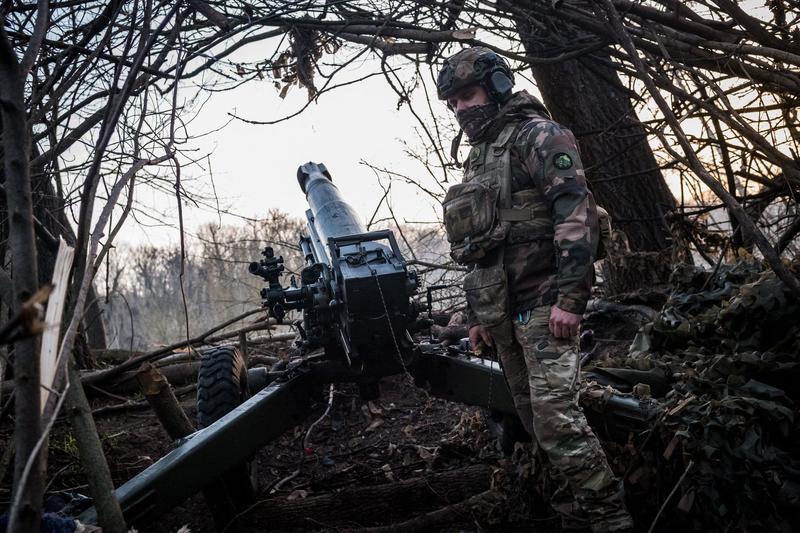Checks performed by the National Environment Guard (GNM) at the Romanian steel mill Ispat (Sidex) Galati brought to light a series of irregularities in March. Also at the time, environment authorities were starting to raise issues related to the processing of waste and inadequate installations more and more often.
Until two weeks ago, when Pitesti-based plant Arpechim was dealt a heavy blow as it was informed it would lose the environment authorizations and had to stop its activities. Arpechim is the first company from a “black list” of installations that are in breach with EU rules on how industrial plants have to cope with environment protection.
An Environment Ministry report signed early this year presents the list of Romanian companies where activities may come to a halt because they don’t comply with environmental rules. The list is led by Romania’s main oil group Petrom’s subsidiaries Arpechim and Petrobrazi, as well as Constanta-based Rompetrol Rafinare, part of the Rompetrol group.
But as officials are still incapable of updating their data, the situation these companies are facing is yet to be known.
Before EU accession, Romania had promised that by January 1, 2007 it would solve the issue of old installations that are in breach with EU environment regulations, but was allowed an extension of the deadline for existing installations until October 31, 2007.
If it fails to comply with the EU deadlines, the European Commission may appeal to infringement procedures that it can use to sanction states that do not comply with obligations undertaken prior to accession.
The Environment Ministry black list reviews industrial units that received a transitional period to apply the necessary measures for environment protection. If these fail to be accomplished, the Commission may initiate the infringement procedure as it happened in the case of the controversial first registration car tax pushed by the Romanian government this year.
The alternative for the infringement procedure is the closure of units that do not invest in environment protection as promised.
Over the past several years the European Commission opened infringement procedures against Belgium, Denmark, France, Germany, Greece, Netherlands, Luxembourg and Spain. The first country to be brought before the European Court of Justice because of such irregularities was Austria in 2004.



















